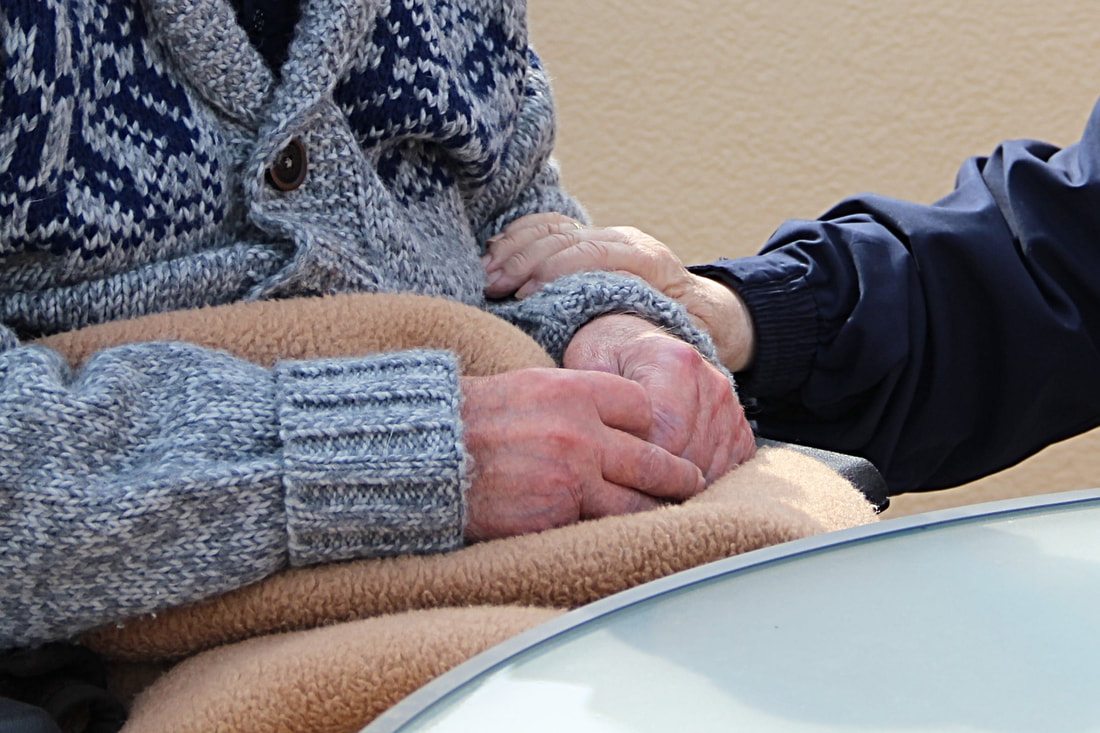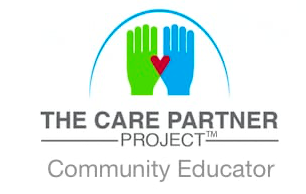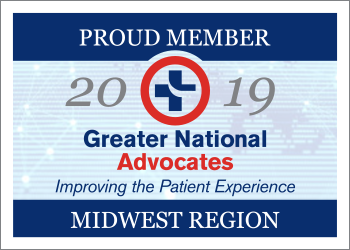First, it can be confusing when people talk about Alzheimer’s and dementia. Are they the same disease? Dementia is an umbrella term that includes Alzheimer’s disease, vascular dementia, Lewy body dementia, mixed dementias, and frontotemporal degeneration. Alzheimer’s disease is the most common form of dementia. If you're concerned about yourself or a loved one, be sure to consult with a health care professional.
Wondering what signs and symptoms you should be concerned about versus what is considered “normal aging?” Here is a link to 10 early warning signs to watch out for, courtesy of the Alzheimer’s Association. Symptoms can range from frustrating, difficult to manage, or harmful for the person as well as for family members and friends. For example, hearing someone tell the same story over and over can be frustrating but it’s not harmful; however, wandering off in the middle of night can be extremely dangerous and needs to be addressed appropriately. This article has a lot of detail about symptoms, stages of the disease, and coping tips. Caregiving is tough as well as rewarding. An important message caregivers will hear, regardless of the illness, is that self-care is critical. A wise person once told me, during a health crisis, to remember what we hear every time we go on an airplane: you have to put your own oxygen mask on before helping someone else put their’s on. In other words, if you can’t breathe, you can’t help somebody else breathe. Look for local caregiver support groups, find someone to give you a break so you can run errands, exercise, have dinner with a friend, or do whatever reenergizes you. If you are caring for someone with Alzheimer’s or a related dementia, take time to learn tips and techniques for maximizing cognitive symptoms, engaging the person in meaningful activities, and having a person-centered care mindset. Techniques for caring for and helping someone maximize their cognitive function include:
There are options for getting help with caring with someone with Alzheimer’s or related dementias including in-home caregiving, adult day care, respite care, and memory care communities. Don’t feel like you have to do it alone. Search for options that work for you and your loved one. These can be expensive options but there may be programs in your area that provide free or reduced services depending on financial need, veteran status, or other factors. If you’re considering placing your loved one in a memory care community, here are some questions to ask when touring the communities. If you have long term care insurance, be sure to know what services and options are covered. Usually, someone with Alzheimer’s or related dementias will need to provide evidence that (1) they have severe cognitive impairment, and (2) they need substantial assistance with at least 2 activities of daily living (ADLs) such as bathing, eating, dressing, and transferring. Read your policy ahead of time and be sure to work with your physician to document these needs appropriately. If you’ve been reading my blog, you know I often talk about the need for advance care planning, making your end-of-life wishes known to family members. It is critical to have these conversations and have documents in place before a person’s Alzheimers or other dementia gets too advanced and they no longer have the capacity to make these decisions. You don’t want to find yourself in a situation where you are wondering what your loved one would have wanted you to do. Find resources here. |
AuthorWrite something about yourself. No need to be fancy, just an overview. Archives
February 2024
Categories |


 RSS Feed
RSS Feed



